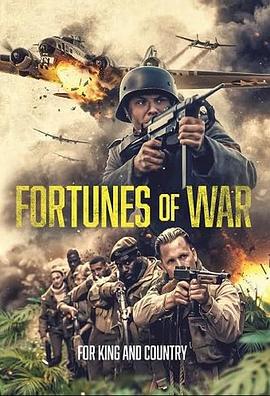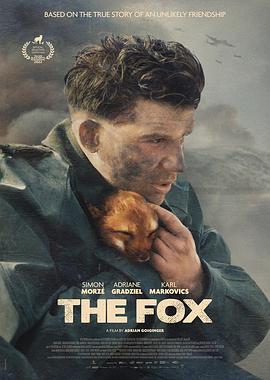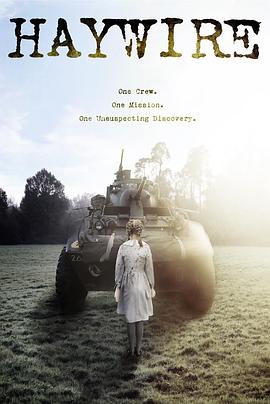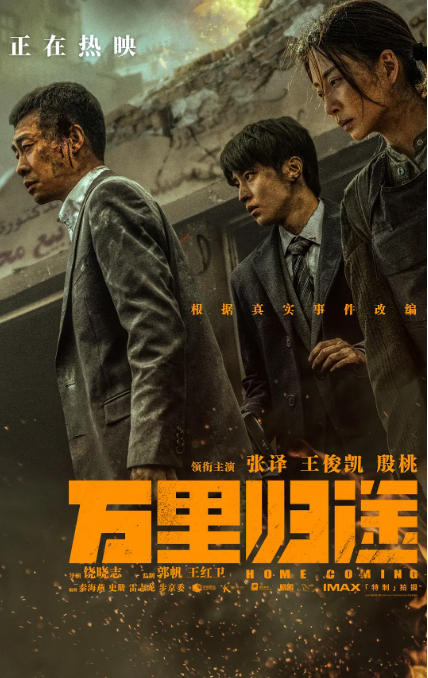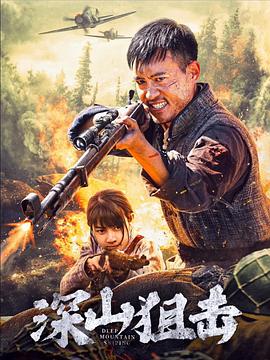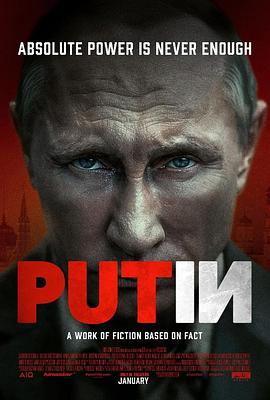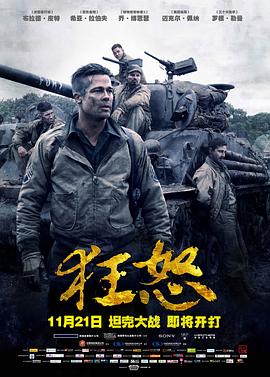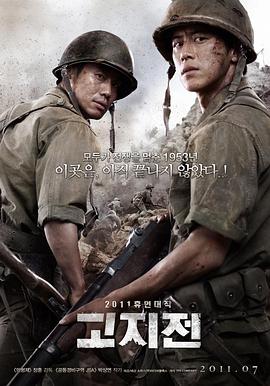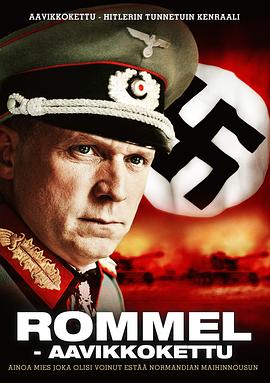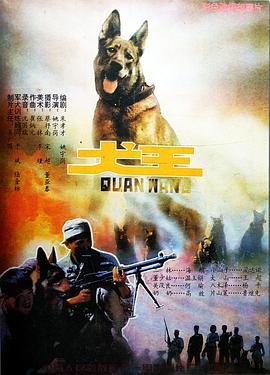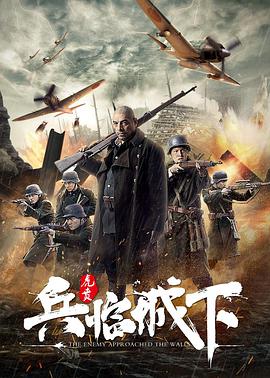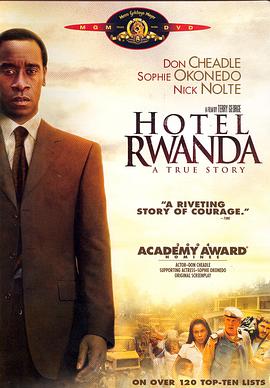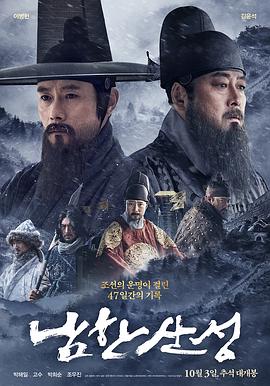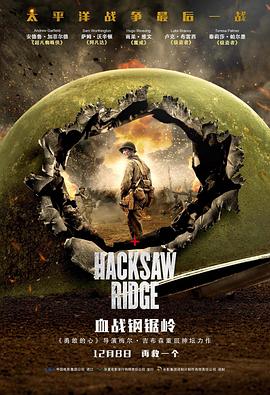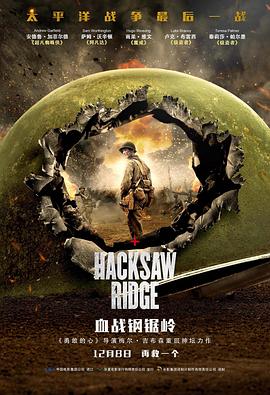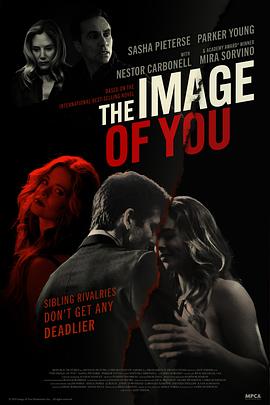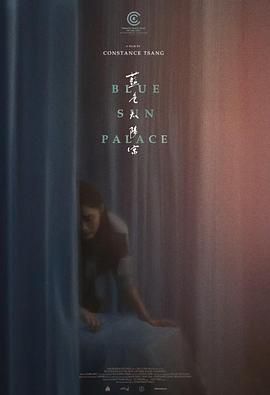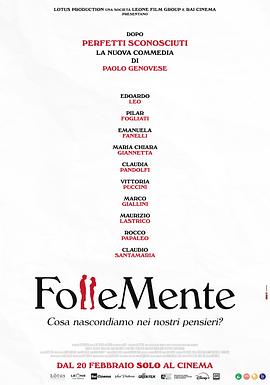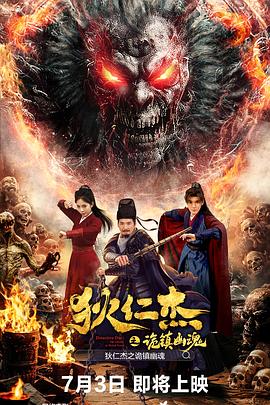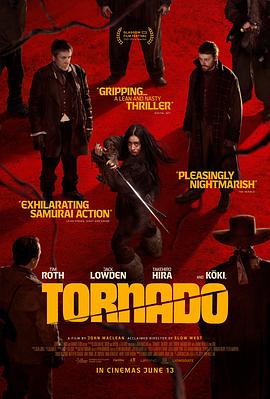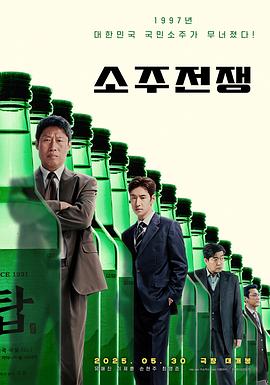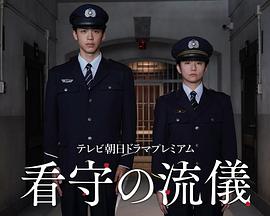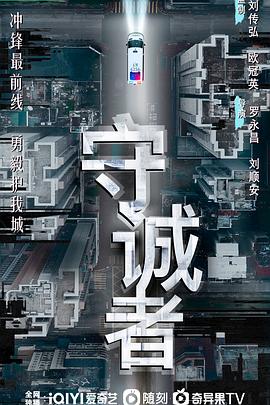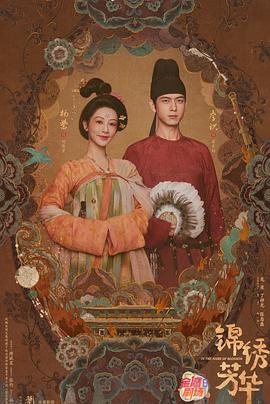- 正在播放《出生证明》HD中字 - 享客线路1
- 提醒不要轻易相信视频中的任何广告,谨防上当受骗
- 技巧如遇视频无法播放或加载速度慢,可尝试切换播放节点或者切换解析
- 收藏享客影院网址:xk14.me / xk14.me ,记得收藏哟~
剧情:
In 1961, Stanislaw Rozewicz created the novella film "Birth Certificate" in cooperation with his brother, Taduesz Rozewicz as screenwriter. Such brother tandems are rare in the history of film but aside from family ties, Stanislaw (born in 1924) and Taduesz (born in 1921) were mutually bound by their love for the cinema. They were born and grew up in Radomsk, a small town which had "its madmen and its saints" and most importanly, the "Kinema" cinema, as Stanislaw recalls: for him cinema is "heaven, the whole world, enchantment". Tadeusz says he considers cinema both a charming market stall and a mysterious temple. "All this savage land has always attracted and fascinated me," he says. "I am devoured by cinema and I devour cinema; I'm a cinema eater." But Taduesz Rozewicz, an eminent writer, admits this unique form of cooperation was a problem to him: "It is the presence of the other person not only in the process of writing, but at its very core, which is inserperable for me from absolute solitude." Some scenes the brothers wrote together; others were created by the writer himself, following discussions with the director. But from the perspective of time, it is "Birth Certificate", rather than "Echo" or "The Wicked Gate", that Taduesz describes as his most intimate film. This is understandable. The tradgey from September 1939 in Poland was for the Rozewicz brothers their personal "birth certificate". When working on the film, the director said "This time it is all about shaking off, getting rid of the psychological burden which the war was for all of us. ... Cooperation with my brother was in this case easier, as we share many war memories. We wanted to show to adult viewers a picture of war as seen by a child. ... In reality, it is the adults who created the real world of massacres. Children beheld the horrors coming back to life, exhumed from underneath the ground, overwhelming the earth." The principle of composition of "Birth Certificate" is not obvious. When watching a novella film, we tend to think in terms of traditional theatre. We expect that a miniature story will finish with a sharp point; the three film novellas in Rozewicz's work lack this feature. We do not know what will be happen to the boy making his alone through the forest towards the end of "On the Road". We do not know whether in "Letter from the Camp", the help offered by the small heroes to a Soviet prisoner will rescue him from the unknown fate of his compatriots. The fate of the Jewish girl from "Drop of Blood" is also unclear. Will she keep her new impersonation as "Marysia Malinowska"? Or will the Nazis make her into a representative of the "Nordic race"? Those questions were asked by the director for a reason. He preceived war as chaos and perdition, and not as linear history that could be reflected in a plot. Although "Birth Certificate" is saturated with moral content, it does not aim to be a morality play. But with the immense pressure of reality, no varient of fate should be excluded. This approached can be compared wth Krzysztof Kieslowski's "Blind Chance" 25 years later, which pictured dramatic choices of a different era. The film novella "On the Road" has a very sparing plot, but it drew special attention of the reviewers. The ominating overtone of the war films created by the Polish Film School at that time should be kept in mind. Mainly owing to Wajda, those films dealt with romantic heritage. They were permeated with pathos, bitterness, and irony. Rozewicz is an extraordinary artist. When narrating a story about a boy lost in a war zone, carrying some documents from the regiment office as if they were a treasure, the narrator in "On the Road" discovers rough prose where one should find poetry. And suddenly, the irrational touches this rather tame world. The boy, who until that moment resembled a Polish version of the Good Soldier Schweik, sets off, like Don Quixote, for his first and last battle. A critic described it as "an absurd gesture and someone else could surely use it to criticise the Polish style of dying. ... But the Rozewicz brothers do no accuse: they only compose an elegy for the picturesque peasant-soldier, probably the most important veteran of the Polish war of 1939-1945." "Birth Certificate" is not a lofty statement about national imponderabilia. The film reveals a plebeian perspective which Aleksander Jackieqicz once contrasted with those "lyrical lamentations" inherent in the Kordian tradition. However, a historical overview of Rozewicz's work shows that the distinctive style does not signify a fundamental difference in illustrating the Polish September. Just as the memorable scene from Wajda's "Lotna" was in fact an expression of desperation and distress, the same emotions permeate the final scene of "Birth Certificate". These are not ideological concepts, though once described as such and fervently debated, but rather psychological creations. In this specific case, observes Witold Zalewski, it is not about manifesting knightly pride, but about a gesture of a simple man who does not agree to be enslaved. The novella "Drop of Blood" is, with Aleksander Ford's "Border Street", one of the first narrations of the fate of the Polish Jews during the Nazi occupation. The story about a girl literally looking for her place on earth has a dramatic dimension. Especially in the age of today's journalistic disputes, often manipulative, lacking in empathy and imbued with bad will, Rozewicz's story from the past shocks with its authenticity. The small herione of the story is the only one who survives a German raid on her family home. Physical survial does not, however, mean a return to normality. Her frightened departure from the rubbish dump that was her hideout lead her to a ruined apartment. Her walk around it is painful because still fresh signs of life are mixed with evidence of annihilation. Help is needed, but Mirka does not know anyone in the outside world. Her subsequent attempts express the state of the fugitive's spirits - from hope and faith, moving to doubt, a sense of oppression, and thickening fear, and finally to despair. At the same time, the Jewish girl's search for refuge resembles the state of Polish society. The appearance of Mirka results in confusion, and later, trouble. This was already signalled by Rozewicz in an exceptional scene from "Letter from the Camp" in which the boy's neighbour, seeing a fugitive Russian soldier, retreats immediately, admitting that "Now, people worry only about themselves." Such embarassing excuses mask fear. During the occupation, no one feels safe. Neither social status not the aegis of a charity organisation protects against repression. We see the potential guardians of Mirka passing her back and forth among themselves. These are friendly hands but they cannot offer strong support. The story takes place on that thin line between solidarity and heroism. Solidarity arises spontaneously, but only some are capable of heroism. Help for the girl does not always result from compassion; sometimes it is based on past relations and personal ties (a neighbour of the doctor takes in the fugitive for a few days because of past friendship). Rozewicz portrays all of this in a subtle way; even the smallest gesture has significance. Take, for example, the conversation with a stranger on the train: short, as if jotted down on the margin, but so full of tension. And earlier, a peculiar examination of Polishness: the "Holy Father" prayer forced on Mirka by the village boys to check that she is not a Jew. Would not rising to the challenge mean a death sentance? Viewed after many years, "Birth Certificate" discloses yet another quality that is not present in the works of the Polish School, but is prominent in later B-class war films. This is the picture of everyday life during the war and occupation outlined in the three novellas. It harmonises with the logic of speaking about "life after life". Small heroes of Rozewicz suddenly enter the reality of war, with no experience or scale with which to compare it. For them, the present is a natural extension of and at the same time a complete negation of the past. Consider the sleey small-town marketplace, through which armoured columns will shortly pass. Or meet the German motorcyclists, who look like aliens from outer space - a picture taken from an autopsy because this is how Stanislaw and Taduesz perceived the first Germans they ever met. Note the blurred silhouettes of people against a white wall who are being shot - at first they are shocking, but soon they will probably become a part of the grim landscape. In the city centre stands a prisoner camp on a sodden bog ("People perish likes flies; the bodies are transported during the night"); in the street the childern are running after a coal wagon to collect some precious pieces of fuel. There's a bustle around some food (a boy reproaches his younger brother's actions by singing: "The warrant officer's son is begging in front of the church? I'm going to tell mother!"); and the kitchen, which one evening becomes the proscenium of a real drama. And there are the symbols: a bar of chocolate forced upon a boy by a Wehrmacht soldier ("On the Road"); a pair of shoes belonging to Zbyszek's father which the boy spontaneously gives to a Russian fugitive; a priceless slice of bread, ground under the heel of a policeman in the guter ("Letters from the Camp"). As the director put it: "In every film, I communicate my own vision of the world and of the people. Only then the style follows, the defined way of experiencing things." In Birth Certificate, he adds, his approach was driven by the subject: "I attempted to create not only the texture of the document but also to add some poetic element. I know it is risky but as for the merger of documentation and poety, often hidden very deep, if only it manages to make its way onto the screen, it results in what can referred to as 'art'." After 1945, there were numerous films created in Europe that dealt with war and children, including "Somewhere in Europe" ("Valahol Europaban", 1947 by Geza Radvanyi), "Shoeshine" ("Sciescia", 1946 by Vittorio de Sica), and "Childhood of Ivan" ("Iwanowo dietstwo" by Andriej Tarkowski). Yet there were fewer than one would expect. Pursuing a subject so imbued with sentimentalism requires stylistic disipline and a special ability to manage child actors. The author of "Birth Certificate" mastered both - and it was not by chance. Stanislaw Rozewicz was always the beneficent spirit of the film milieu; he could unite people around a common goal. He emanated peace and sensitivity, which flowed to his co-workers and pupils. A film, being a group work, necessitates some form of empathy - tuning in with others. In a biographical documentary about Stanislaw Rozewicz entitled "Walking, Meeting" (1999 by Antoni Krauze), there is a beautiful scene when the director, after a few decades, meets Beata Barszczewska, who plays Mireczka in the novella "Drops of Blood". The woman falls into the arms of the elderly man. They are both moved. He wonders how many years have passed. She answers: "A few years. Not too many." And Rozewicz, with his characteristic smile says: "It is true. We spent this entire time together."
收起
相关影片
2017
战争片
中国大陆,中国香港
正片
2022
战争片
其它
卡尔·马克维斯 亚历山大·拜尔 皮特·布科夫斯基 Stan Steinbichler 西蒙·莫尔泽 Adrianna Gradziel 科内利乌斯·奥博尼亚 Karola Maria Niederhuber Joshua Bader Joseph Stoisits Marko Kerezovic Felix Adams Maximilian Echtinger
在战争开始时,内向的年轻士兵弗兰兹发现了一只受伤的狐狸幼崽,小狐狸在树林中孤苦无依的样子,让他仿佛看见了从小被父亲卖去农场主家的自己。他像照顾自己的孩子一样照顾它,并带到了被占领的法国。在养育狐狸
HD
2024
战争片
其它
HD
2014
战争片
美国,中国大陆,英国
正片
2011
战争片
韩国
HD
2012
战争片
其它
埃尔文·隆美尔是二战中德国最负盛名的将领,也是希特勒最为宠爱的将领。稍对世界军事史有了解的人都会知道他那个著名的绰号——“沙漠之狐”。由于他在北非沙漠战场的一系列惊人战绩(隆美尔率领2个师的军队在
HD
1993
战争片
大陆
HD
2021
战争片
大陆
HD
2004
战争片
英国
HD
2017
战争片
韩国
HD
2016
战争片
澳大利亚,美国
正片
正在热播
更多
2024
恐怖片
美国
HD
2024
爱情片
美国
李康生 吴可熙 徐海鹏 Damien Brown 伊冯娜·Y·F·钱 Leo Chen Wu Chengying 高莉莉 Huang Guiping 谢怡芬 Murielle Hsieh 孙骁骁 Jamie Tierney April Wang Limin Wang Lynn Xiong Zhu Yating Zachary Zamsky Lu Zhang Lisha Zheng
纽约法拉盛的按摩院流连着欲望的躯体,也藏着不可见光的秘密。华人女孩艾米和狄迪在按摩院工作,人在异乡,相扶生活。虽然身在阶级底层,但在清晨促膝长谈,在年节围桌吃饭,仍是女孩们快乐的生活慰藉。然而,发生在
HD
2025
喜剧片
法国
弗朗克·迪博斯克 劳尔·卡拉米 伯努瓦·波尔沃德 约瑟芬娜·德·摩 基姆·海格林 麦赫迪·麦斯卡尔 Timéo Mahaut 艾曼纽·德芙 Louka Meliava 让·路易·洛卡 克里斯托弗·卡纳德 安娜·勒尼 安妮·莉丝·海姆伯格 杰里米·塞内利尔 Harish Chanemougam Purshoothe Thayalan Lakshantha Abenayake Salim Sylla François Girard 德尔菲娜·巴里尔
这部影片以法国汝拉山脉的冷峻荒原为背景,讲述了一对濒临情感破裂的夫妻米歇尔(Franck Dubosc饰)与凯茜(Laure Calamy饰)因一场意外卷入巨额金钱与人性考验的故事。一只突然出现的熊让
HD
2025
喜剧片
其它
当我们约会时,我们都在想些什么?当内心的无数个“我”在争夺话语权,灵魂又会做出何种选择?
HD
2025
恐怖片
大陆
HD
2025
动作片
英国
蒂姆·罗斯 杰克·劳登 木村光希 平岳大 罗伊·麦克凯恩 杰米·米奇 道格拉斯·罗素 亚历克斯·麦奎因 伊恩·汉摩尔 杰克·莫里斯 拉斐尔·蒂里 Sammy Hayman Nathan Malone Bryan Michael Mills Nina Barnett Dennis Okwera
故事设定于18世纪90年代,在英国崎岖山路上,“龙卷风”(木村光希 饰)发现自己陷入了危险境地。她与父亲在木偶剧巡回演出路上,遇到了残忍的犯罪团伙,并发生了冲突。该团伙由舒格曼(蒂姆·罗斯 饰)和他的
HD
2025
剧情片
美国
《道德风险》是一部讲述关乎企业兴亡的M&A、破产企业与全球资本之间展开激烈头脑斗争的电影,由崔允珍导演执导。 上半年开机拍摄
HD
2025
剧情片
日本
HD
2025
国产剧
大陆
更新至第20集
2025
国产剧
大陆
更新至第06集
2025
国产剧
大陆
更新至第03集
2025
国产剧
大陆
更新至第06集
2025
国产剧
大陆
更新至第04集
2025
国产剧
大陆
更新至第03集
2025
国产剧
大陆
更新至第06集


